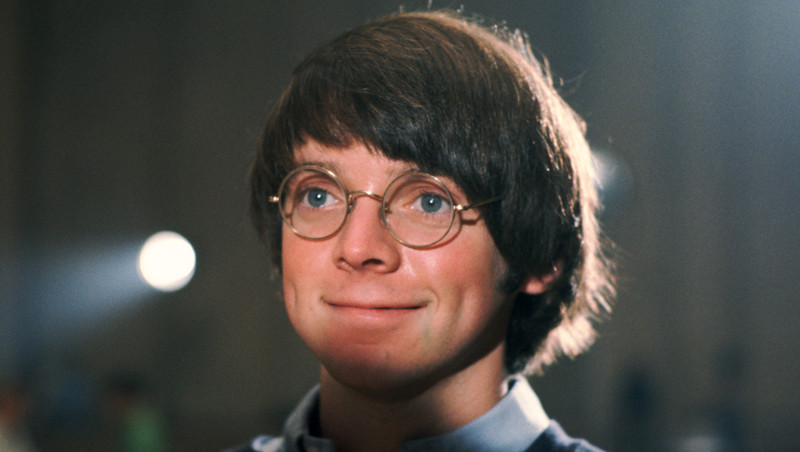
The 1970s is a revered period in the canon of cinema. It is an era defined by auteurs having complete control of their artistic craft. ‘70s cinema, often cited as New Hollywood, shaped the collective consciousness of the power and role of a film director.
Not only are there undeniable works of art across the decade, countless films remain classics today watched by a mass audience. Under the shadow of the titanic crowning achievements is a plethora of underrated gems by prominent voices featuring the staples of New Hollywood text.
1. Brewster McCloud (1971)
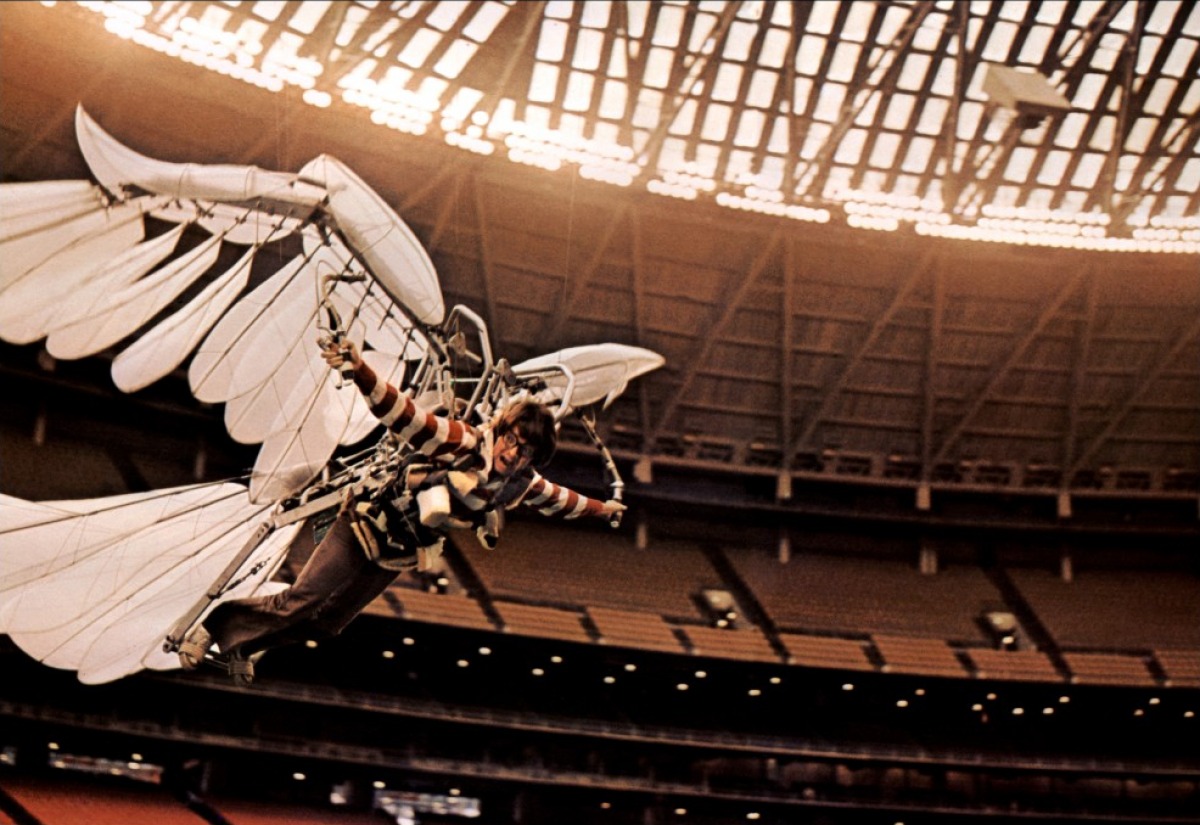
In the same year as M*A*S*H, Robert Altman established himself as a maverick filmmaking voice that could be equally populous and creatively ambitious. In a bizarre pivot, Altman directed a film that is a little bit of everything but manages to act as a unique whole piece. The director flexed his off-beat sensibilities even further with Brewster McCloud, a film undefinable and eternally curious, but an essential text to the director’s style.
The 1971 film follows timid loner Brewster (Bud Cort) living inside the Astrodome who plans to develop a pair of wings that will help him fly. Throughout his career, Altman viewed the plot as frivolous and focused his efforts on peculiar character studies and showing humanity at its most minimalist and overwhelming simultaneously, constantly blending realism and formalism. Brewster McCloud is quite comfortable in this sphere–appearing like a complete farce but supported by grounded and relatable emotions. The director is emphatic in his vision of his quirky titular character. This allows the elements of spontaneous screwball comedy to flourish, even if it is purposefully restrained through Altman’s methodical pacing.
The director is quite expressive with the camera, especially when it tracks the air travel of all breeds. The sprawling nature of Brewster McCloud could be a turn-off for some viewers, but its magnitude is certainly accessible. Similar to all Altman films, it is interested in subversion and lonely figures grappling with their plight. With this fascination comes the chance for a variety of sentiments about U.S. culture that Altman and the titular lead express: wonder, contempt, hope, and nihilism.
2. Carnal Knowledge (1971)
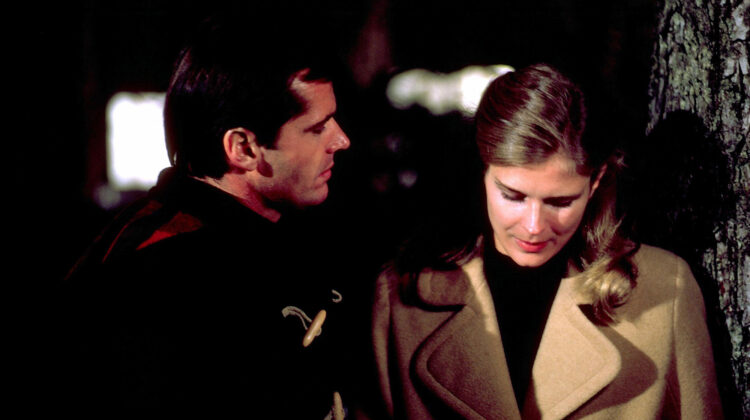
At the dawn of New Hollywood in the late ‘60s, Mike Nichols announced himself as a premiere voice of a new generation with the revolutionary and boundary-pushing coming-of-age film, The Graduate. The director could take any direction he desired thanks to the film’s success. He continued his path in engaging with the complexities of human relationships and the murky desires of individuals in Carnal Knowledge.
The film centers around the lifelong relationship between two men, Jonathan (Jack Nicholson) and Sandy (Art Garfunkel) who meet in college and their respective development in sexuality in romantic relationships. At opposite ends of the spectrum, the leads of Carnal Knowledge strive to alter their livelihood, for better or worse. The film is fascinated by empty people attempting to conform to societal norms, only to have their woes counter their efforts.
Presented as a benign drama about romance and friendship, Nichols’ film is perverse and daring but not gratuitous. Anxieties surrounding sexuality are omnipresent throughout the story, clashing primal and intellectual instincts. The cutting nature of the film exploits the unflinching reality of these complicated men. Nichols expanded upon his vision of The Graduate by exhibiting the idealistic masculine figure, particularly in Jonathan, as a ne’er-do-well whose inability to grow causes him to be a toxic figure. Carnal Knowledge is pure ‘70s text, but Nichols’ direction is restrained and devoid of athletic filmmaking to fit the mold of classically gripping character dramas.
3. The Candidate (1972)
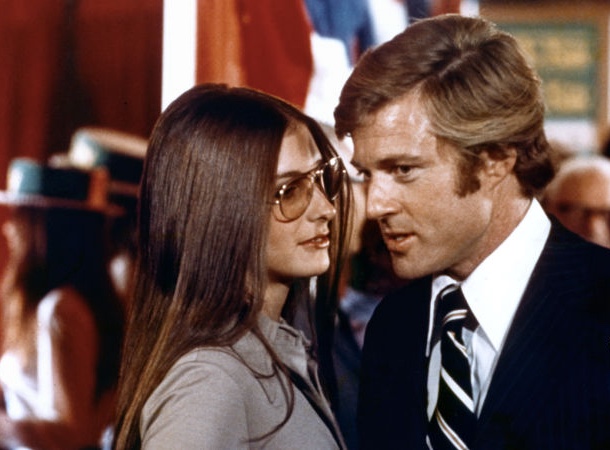
One of the premiere movie stars of the decade, Robert Redford, was certainly aided by his picturesque appearance. However, he was always subverting his beauty by tackling challenging and daring projects. His bids to be taken seriously were just as contemplative as his films driven by him as a matinee idol. An underrated star vehicle for him, The Candidate, is the ultimate Redford movie and performance of his.
In this political dramedy by ‘70s journeyman director Michael Ritchie, an idealist, liberal lawyer, Bill McKay (Redford) is recruited by campaign managers to run for U.S. Senate in California against a Republican favorite. Unlike most films of today concerning political satire, there is no sense of overwrought handwringing about the issue at hand. The Candidate is humble and nuanced in its dissection of the machinations behind political campaigning and government bureaucracy. Ritchie was a sturdy hand throughout the decade–always extracting great performances and layered his films with just enough weight to elevate the drama and levity to cement a groundedness.
The comedy in the film derives from the bizarre, yet plausible circumstances of gaming the political system. Viewers are designed to simultaneously root for McKay and be weary of his naivety. This is why the role is perfect for Redford, as the wunderkind senator candidate is playing off of good looks and hoping to prove himself as a smart and component political maverick. The Candidate is in-tone with New Hollywood’s evergrowing panic surrounding the political system and domestic state of affairs–effectively colliding this apprehensiveness with the remaining strands of hope in the American government complex. In McKay’s case, power can be a wonderful prospect, but the system stands as the definitive suppressor of the American spirit.
4. Phantom of the Paradise (1974)
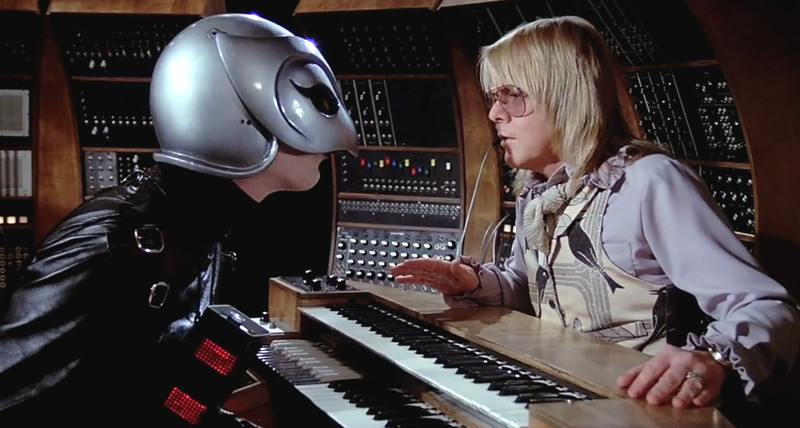
Of the core of the New Hollywood pack of filmmakers, Brian De Palma is perhaps the most visually intuitive and daring director. While never receiving the same reverence and populous recognition as his counterparts such as Martin Scorsese, Francis Ford Coppola, and George Lucas, De Palma was an expert mechanical and emotionally vibrant storyteller, constantly bending genre and formal expectations. Nowhere is this more indicative than in Phantom of the Paradise.
In this twisted riff on the legendary theater production, Phantom of the Opera, the film follows a disfigured composer, Winslow (William Finley), who sells his soul for the woman he loves so that in return, she performs his music, while greedy record tycoon, Swan (Paul Williams) betrays him by stealing his music to open a rock palace, which ensues the composer to terrorize the establishment. The weighty pathos of Phantom of the Paradise naturally lends itself to a postmodern operatic text, but De Palma’s frenzy direction of farce and black humor spins the film into an uncontainable scope.
The film is maximalist in every sense of the word. The director is unafraid to play for laughs in the most perverse settings and feed into the melodramatic tragedy of the story, all in all, executing an impressive juggling act of tone. Stylistically, Phantom of the Paradise is pure De Palma. The slick production design, camera work, and editing are a perfect symphony to the grand scale of the dramatic arc. De Palma’s fixation on manipulating the medium of film and its potential is at its proudest on this bizarre and entrancing stage. The film is a mesmerizing interpretation of a rock opera envisioned on the big screen helmed by a distinct filmmaking voice.
5. Lenny (1974)
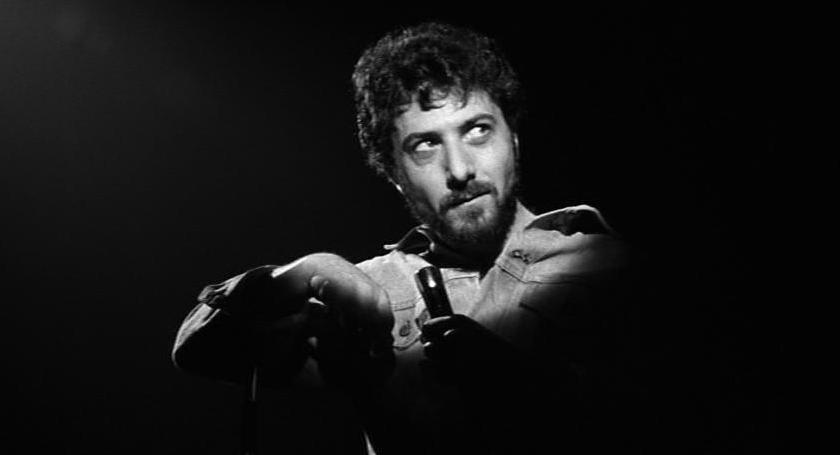
In the world of theater and choreography, Bob Fosse is an incredibly influential figure. He also has quite the foothold in cinema–telling stories of disconcerting artists under the mold of subverted Hollywood films. Fosse, a deeply cynical artist, infused his downbeat attitude into the rudimentary celebrity biopic, Lenny.
Based on the rise and fall of maverick stand-up comedian Lenny Bruce (Dustin Hoffman), the film depicts his evolution from a hacky joke-teller to a social critic, elevating him to the status of a cult-like hero. Fosse’s portrayal of a comedian is telling that Hoffman’s performance as Bruce is stripped of any traditional humor. From the beginning, the comic is emotionally bruised and disgruntled at the world. The director sympathizes with him as an outcast, even when viewers are inclined to think the comedian’s self-destruction bears more guilt than his persecution. The film’s black-and-white photography is purposeful, but it effectively conveys a somber tone.
Lenny is committed to validating the subject’s role as a catalyst to the social upheaval that would arise at the time of the film’s release in 1974. The post-mortem dissection of Bruce in the film glorifies his impact from one perspective, but it simultaneously adds to the unknowable quality that Fosse depicts surrounding him. While his passion is applaudable, his enforcement of Bruce as an important man to the fabric of American counterculture is didactic. The director’s lack of interest in allowing Bruce to be funny on stage restricts the characterization to show his importance, rather than Fosse outright pushing for his recognition. Nonetheless, the bleak tone is captivating, especially when Lenny operates as a text of societal hypocrisy and extreme moral uprightness.